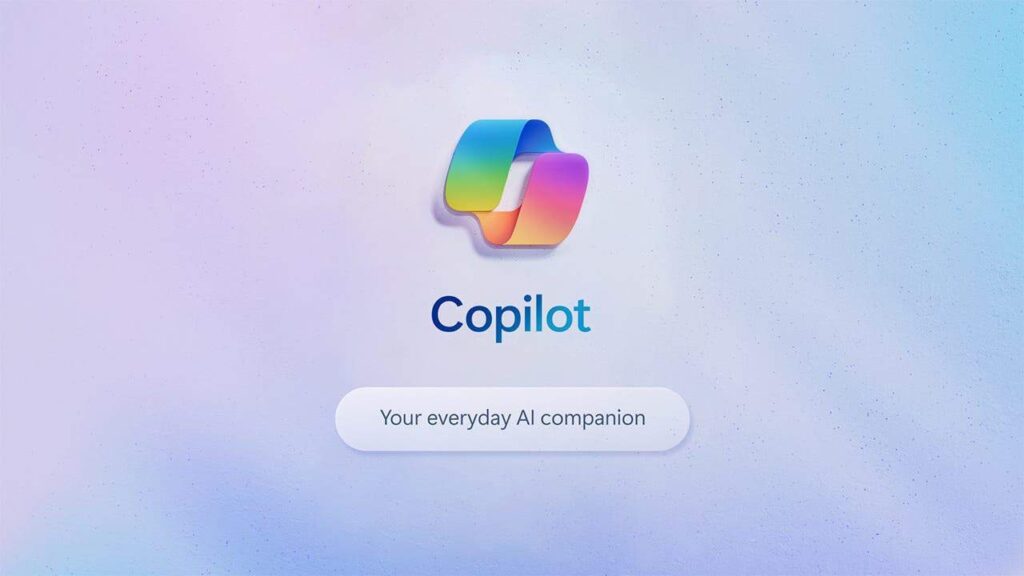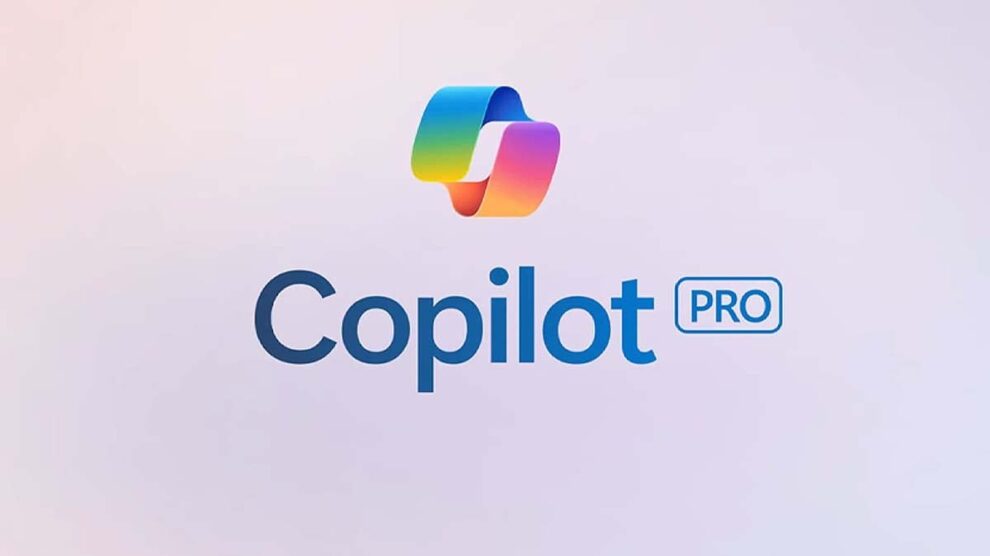Microsoft’s AI-powered coding assistant, GitHub Copilot, has been making waves in the developer community since its launch. The tool, which uses advanced machine learning to suggest code snippets and assist with programming tasks, has been praised for its potential to boost productivity and streamline the coding process. However, a recent article from The Verge has shed light on a significant change to the Copilot Pro subscription service that has left many users questioning the future of the platform.

Understanding Copilot Pro
Before diving into the specifics of the change, it’s important to understand what Copilot Pro offers. As a paid tier of GitHub Copilot, Copilot Pro provides users with additional features and benefits compared to the free version. While the exact details of these features are not explicitly stated in the article, it’s reasonable to assume that they may include enhanced code suggestions, priority support, or access to exclusive resources.
The existence of a paid subscription tier suggests that Microsoft recognizes the value that developers place on advanced coding assistance and is willing to offer premium features to those who are willing to invest in the tool.
The Missing Feature
The key point of concern raised in The Verge article is that Copilot Pro is losing a feature. Unfortunately, without access to the full article, the specifics of this feature remain unknown. This missing piece of information leaves room for speculation and raises questions about the impact of this change on Copilot Pro users.
It’s possible that the feature being removed is something that users have come to rely on in their daily coding workflows. Alternatively, it could be a feature that, while useful, may not have been widely adopted or critical to the overall functionality of Copilot Pro.
Speculating on the Reasons
Without official confirmation from Microsoft, we can only speculate on the reasons behind the removal of this feature from Copilot Pro. However, there are a few plausible explanations worth considering:
- Technical Challenges: One possibility is that the feature in question proved to be technically challenging to maintain or integrate with the rest of the Copilot Pro system. If the feature was causing bugs, performance issues, or compatibility problems, Microsoft may have decided that removing it was the best course of action to ensure the overall stability and reliability of the platform.
- Limited Use: Another potential reason for the removal could be that the feature simply wasn’t being used by enough Copilot Pro subscribers to justify its continued development and support. If data showed that only a small percentage of users were actively utilizing the feature, Microsoft may have concluded that it was not worth the resources required to keep it running.
- Strategic Shift: It’s also possible that the removal of this feature is part of a larger strategic shift for Copilot Pro. Microsoft may be planning to revamp or restructure the subscription service, and eliminating certain features could be a necessary step in that process. This could involve introducing new features, changing pricing tiers, or repositioning Copilot Pro to better align with the needs and preferences of its target audience.
The Bigger Picture
While the loss of a feature in Copilot Pro is certainly noteworthy, it’s important to consider the bigger picture of AI-powered coding assistants and their role in the development landscape. Tools like GitHub Copilot are still relatively new, and it’s likely that they will continue to evolve and change as Microsoft and other companies refine their approaches and respond to user feedback.
The removal of a feature, while potentially disappointing for some users, does not necessarily indicate a lack of commitment to the Copilot platform as a whole. In fact, it could be argued that a willingness to make changes and improvements, even if it means cutting features that aren’t working as intended, is a sign of a healthy and adaptable product.
Looking Ahead
As we await further details on the specific feature being removed from Copilot Pro and the reasoning behind the decision, it’s worth considering what this change could mean for the future of the platform and AI coding assistants in general.
Will Microsoft use this as an opportunity to introduce new and improved features to Copilot Pro? Will competitors like OpenAI’s Codex seize the moment to differentiate themselves and attract users who may be dissatisfied with the change? Only time will tell.
One thing is certain: the world of AI-powered coding assistance is still in its early stages, and there will undoubtedly be many more changes and iterations to come. As developers, it’s important to stay informed about these developments and to approach them with an open mind, recognizing that the ultimate goal is to create tools that make our jobs easier and more efficient.
Conclusion
The news of a feature being removed from Microsoft’s Copilot Pro subscription service has sparked curiosity and speculation among developers who rely on the tool. While the specifics of the feature and the reasons for its removal remain unknown, this change serves as a reminder that even the most advanced AI coding assistants are still works in progress.
As we monitor the situation and await further details, it’s important to keep in mind the broader context of AI in the development world and to remain optimistic about the potential for these tools to continue evolving and improving over time. Regardless of the outcome of this particular change, the future of AI-powered coding assistance looks bright, and we can expect to see many more exciting developments in the years to come.










Add Comment